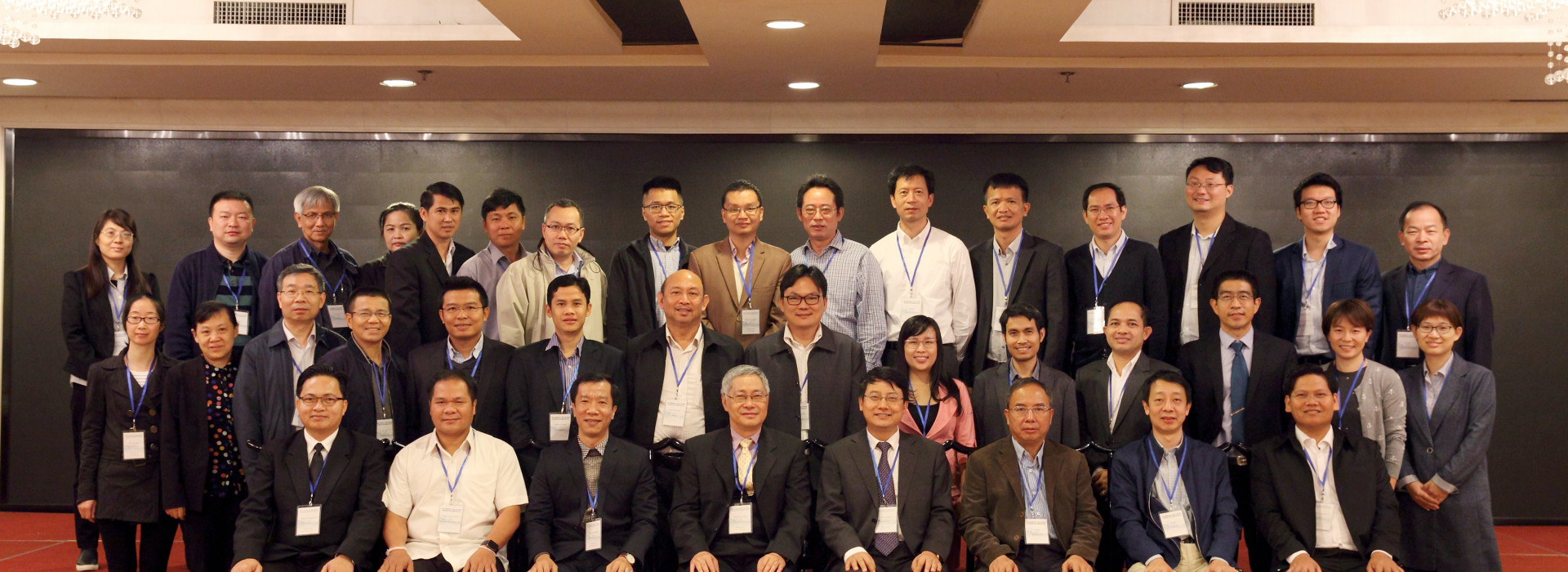Press Release: Mekong River Commission and China’s Ecosystem Study Commission for International Rivers held 3rd Joint Technical Symposium on sharing experience on sediment control and management for river dams
30 October 2017, Nanjing, China – On October 16-17, the Mekong River Commission (MRC) and Ecosystem Study Commission for International River (ESCIR) of its Dialogue Partner China jointly organized the 3rd Technical Symposium on ‘Capacity Building and Experience Sharing on Sediment Control and Management for River Dams’. This symposium was an opportunity for the experts and participants from both China and MRC member countries and Secretariat to learn and discuss the experiences in monitoring and managing long-term cumulative effects of cascade hydropower dams on sediment, hydrological regime and ecological environment in the Mekong river. ESCIR was the main co-organizer of the symposium, which has become a regular mechanism for technical engagement between the MRC and China.
“The symposiums are the testimonies of our committed technical cooperation and experience sharing on issues that affect the basin” said CEO Pham Tuan Phan. “My colleagues and I are honored to join knowledgeable scientists, the private sector and state representatives of China for which we are all united by the quest to find solutions and achieve sustainable development”.
Hydropower development – existing and planned in the upper and lower Mekong – has benefits if properly developed and managed. However, it may lead to significant risks and impacts especially on capture fisheries production and sediment transport—all vital nutrients to crops, riverine species, and ultimately livelihood of riverine population.
Coupled with population growth and infrastructural development in the Mekong, sediment management has become more complex than ever, yet important to sustainable river basin management. This calls for effective sediment management from all riparian countries in rivers and dams that can directly contribute to economic growth, environmental and ecological integrity, and livelihood of people in the Lower Mekong Basin.
The two-day symposium hosted participants comprising government officers from MRC member countries, experts and private sectors from China.
Experts shared experience, knowledge, and studies on sediment control and management of river dams that could contribute to new guidelines and tools useful for effective planning and development in the Lancang-Mekong River Basin—to maximize regional benefit and minimise transboundary impacts.
The first symposium was held on December 2012 in Kunming – China, followed by the second on July 2015 in Ho Chi Minh City – Vietnam.
Since 1996, China has been an active Dialogue Partner of the MRC. The MRC and China cooperate in several areas including annual dialogue meeting, data and information sharing, and technical exchanges and visits on various water and related issues.
Note to Editor:
The Mekong River Commissionis the intergovernmental organization established to promote cooperation on the sustainable management of the Mekong basin whose members include Cambodia, Lao PDR, Thailand and Viet Nam. The MRC acts as a platform for water diplomacy and regional cooperation in which member countries share the benefits of common water resources despite different national interests, and address transboundary pressures in the basin. It also serves as a knowledge hub that promotes regional cooperation and policy-making based on scientific evidence. The MRC is not a supra-national or regulatory body. The commission looks across all sectors including sustaining fisheries, identifying opportunities for agriculture, maintaining the freedom of navigation, flood management and preserving important ecosystems. Superimposed on these are the future effects of more extreme floods, prolonged drought and sea level rise associated with climate change.
-END-

